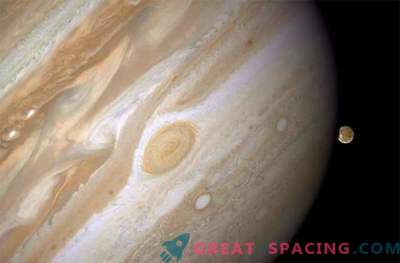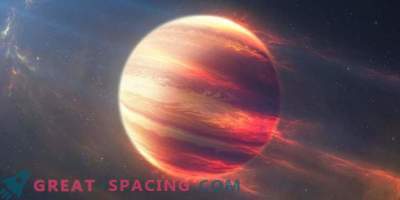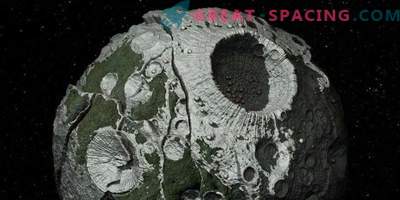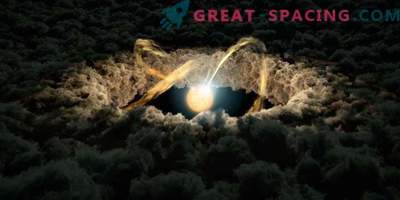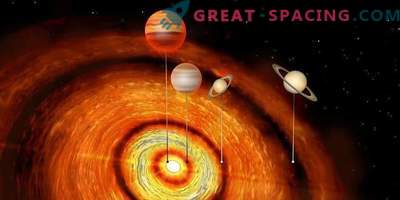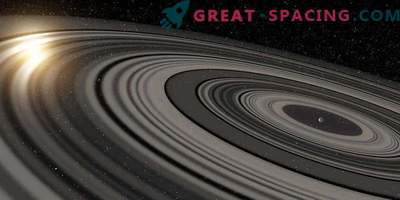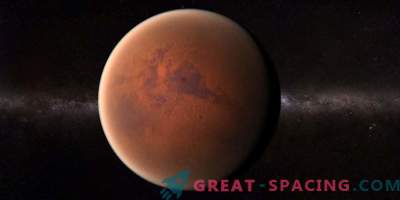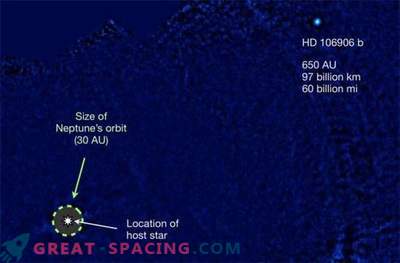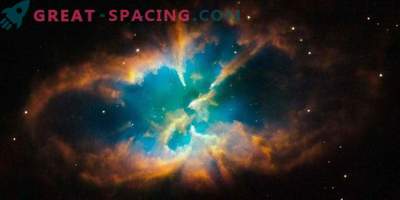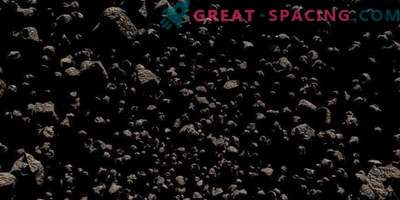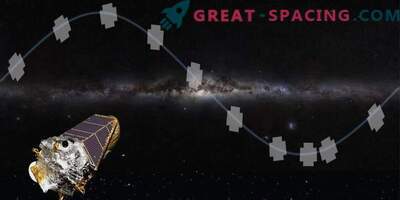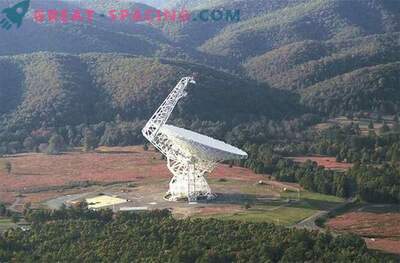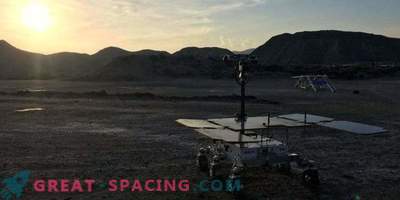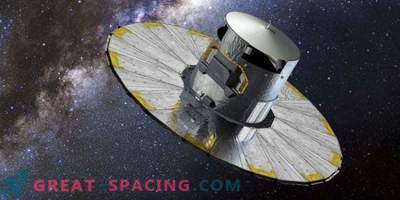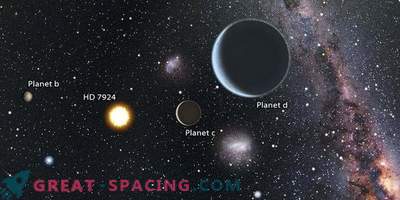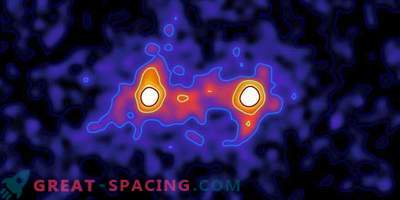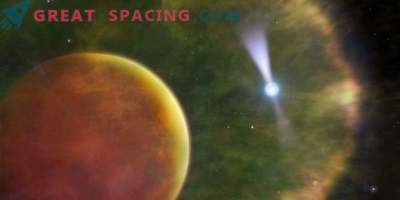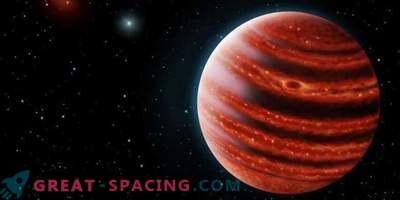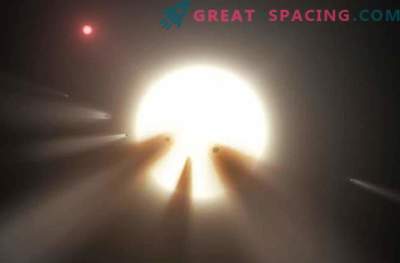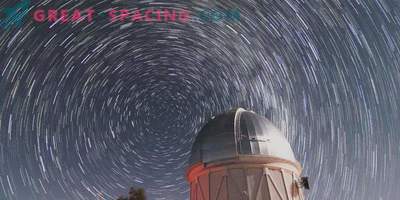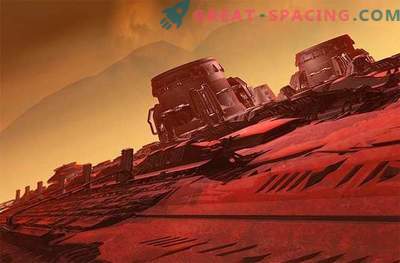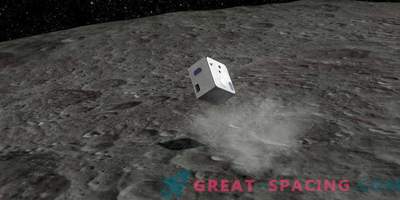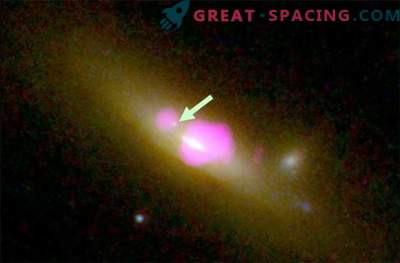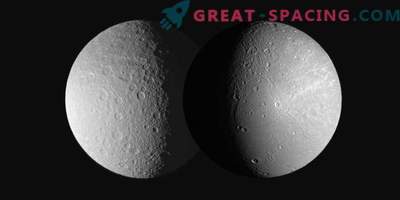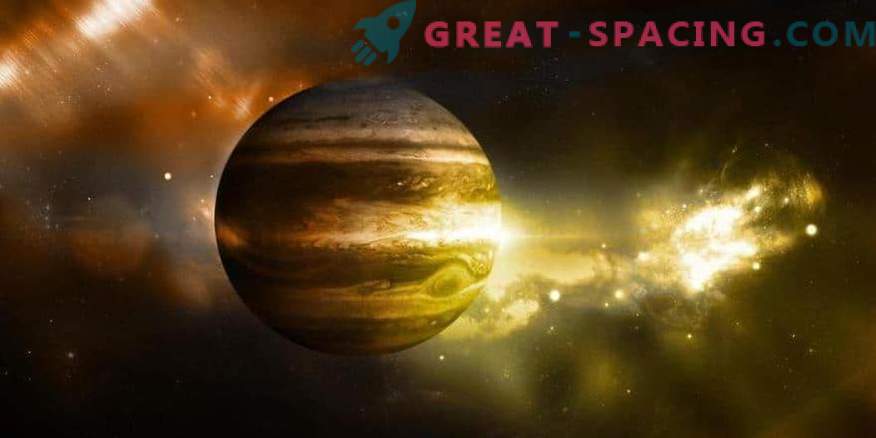
The latest data suggests that Jupiter is not only the largest, but also the oldest planet in the Solar System
When studying isotopes of tungsten and molybdenum on iron meteorites, the researchers found that the rocks differ in genetic nebular reservoirs. The most plausible explanation is that the open slots in the disk of Jupiter prevented the exchange of materials between the two tanks.
It turns out that Jupiter became the oldest planet, whose core was formed before the solar nebula had dispersed. Because of its massiveness, the planet seriously influenced the dynamics of the accretion disk of our star. Therefore, its exact age will help to better understand the evolutionary process of the system.
Unfortunately, scientists do not have samples of Jupiter, so you have to rely on the isotopic signatures of meteorites. The analysis showed that the core of the planet was formed 1 million years after the beginning of the history of the solar system. Due to the rapid formation, Jupiter became a kind of obstacle preventing the material from exiting the disk. That is why the system does not have super-lands. In the first million years, the core of Jupiter reached 20 Earth masses, and after 3-4 million years the mass exceeded ours 50 times. Previously it was believed that gas giants start forming from nuclei (10–20 terrestrial masses), which accumulate gas around themselves. It turns out that a gas disk with the nuclei of gas giants was supposed to rotate around the young Sun. And it could be between 1-10 million years since the system was created.
Most of the meteorites come from the asteroid belt located between Mars and Jupiter. It is believed that at first they covered a much larger area, as evidenced by a wide variety of chemical composition. It was the gravity of gas giants that made them disperse as a belt.

